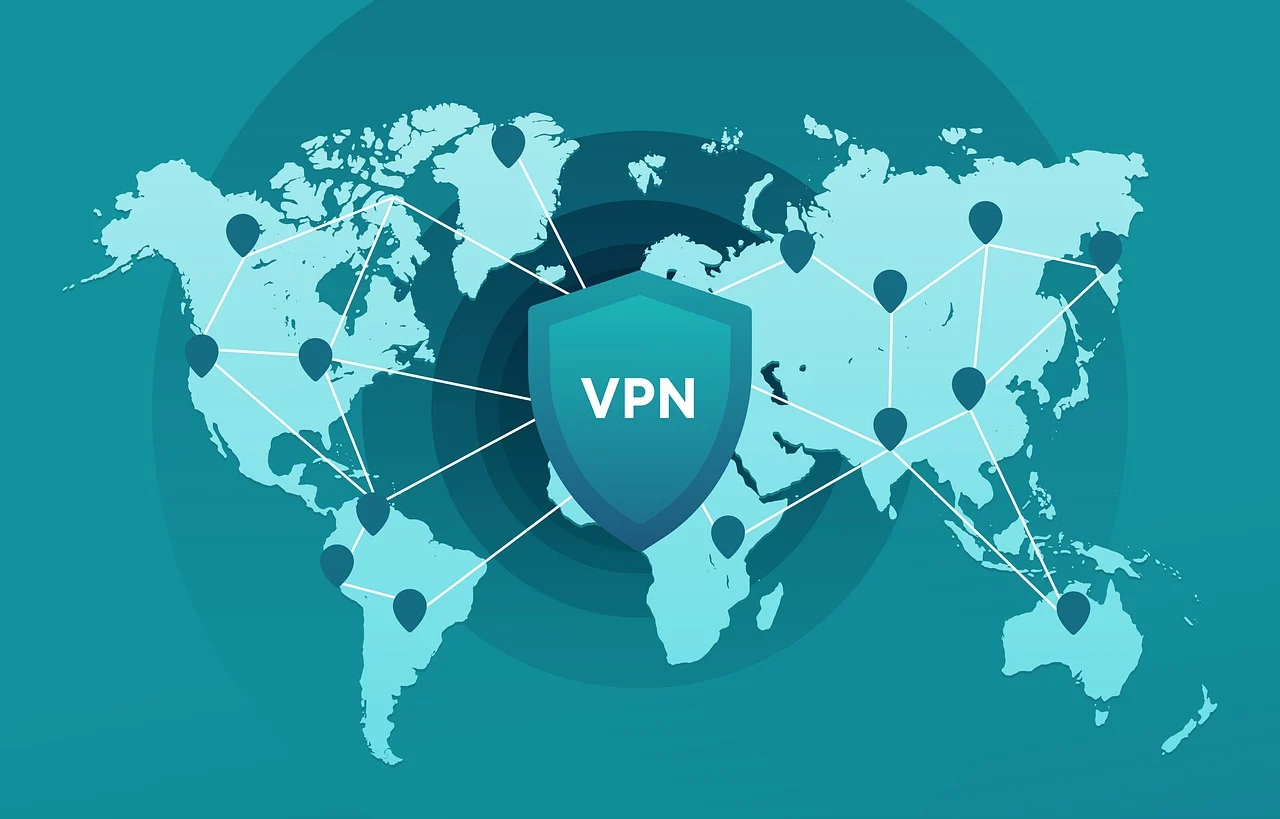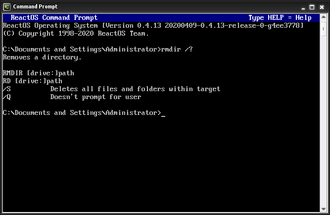Introduction: Why VPNs Matter in 2025
If you’ve been online recently, you’ll have seen adverts for VPNs almost everywhere – YouTube, billboards, even on football team shirts. They’re sold as a tool for privacy, streaming, or “unlocking the internet.” But what actually is a VPN? How does the technology behind it work?
This guide will take you through VPNs in detail. I’ll explain the technology from a technical perspective, but in a way that makes sense even if you’re not an IT engineer. Think of it as sitting down with someone who understands the mechanics but explains them in plain English.
By the end, you’ll understand:
- How VPNs work under the hood.
- What protocols and encryption really mean.
- Why VPNs can protect you – and where their limits are.
- The future of VPN technology.
1. What is a VPN?
A Virtual Private Network (VPN) is a service that lets you connect to the internet securely and privately. Instead of your internet traffic going directly from your device to a website or service, it goes first through a secure VPN server.
Without a VPN
- Your internet service provider (ISP) can see what websites you visit.
- Your real IP address (your unique identifier on the internet) is visible.
- Hackers on public WiFi can snoop on your unencrypted data.
With a VPN
- Your data is encrypted (scrambled so nobody can read it).
- Your IP address is hidden – websites only see the VPN server’s address.
- Your traffic goes through a secure tunnel.
👉 The simplest analogy:
Using the internet without a VPN is like sending postcards. Anyone handling them can read the message. With a VPN, you’re sending locked envelopes.
2. The Core Technologies Behind VPNs
To really understand VPNs, let’s look at the three key building blocks: encryption, authentication, and tunnelling.
🔒 Encryption: Making Data Unreadable
Encryption converts your data into unreadable code that can only be unlocked with the right key.
- AES-256 (Advanced Encryption Standard, 256-bit)
- Military-grade.
- Brute-forcing it (trying every possible key) would take longer than the universe has existed.
- ChaCha20
- A newer alternative, faster on mobile devices.
👉 Analogy: Think of encryption as putting your message through a paper shredder. Without the key, it’s nearly impossible to reconstruct.
🔑 Authentication: Proving Identity
Before your device can talk securely to a VPN server, both sides must prove they are who they claim to be. This avoids “man-in-the-middle” attacks.
- RSA keys – older but still widely used.
- Elliptic Curve Cryptography (ECC) – strong security with smaller keys.
- Digital Certificates – like passports for servers and clients.
👉 Analogy: Authentication is like checking someone’s ID before letting them into a secure building.
📡 Tunnelling: Wrapping Data Safely
Tunnelling means your data is placed inside a secure wrapper before travelling across the internet.
- Imagine driving your car (data) through a private tunnel (VPN).
- Nobody outside can see where you’re going, and your number plate (IP address) is hidden.
3. VPN Tunnelling Protocols Explained
Different VPNs use different protocols – the rules that define how the tunnel is built.
1. PPTP (Point-to-Point Tunnelling Protocol)
- One of the oldest protocols.
- Very fast, but weak security.
- Now considered obsolete.
2. L2TP/IPsec (Layer 2 Tunnelling Protocol + IP Security)
- A step up in security.
- Still slower than modern protocols due to heavy encryption overhead.
3. OpenVPN
- The workhorse of the VPN world.
- Open-source, meaning its code is inspected by security experts worldwide.
- Highly configurable and secure.
- Can run on both TCP (reliable but slower) and UDP (faster but less reliable).
4. IKEv2/IPsec
- Great for mobile use.
- Can switch between WiFi and 4G/5G without dropping the connection.
5. WireGuard
- Modern, lightweight, and extremely fast.
- Very small codebase (easier to audit and less chance of hidden vulnerabilities).
- Expected to become the standard protocol moving forward.
👉 Quick Comparison:
- Speed: WireGuard > IKEv2 > OpenVPN > L2TP/IPsec > PPTP
- Security: WireGuard ≈ OpenVPN > IKEv2 > L2TP/IPsec > PPTP
4. How VPN Servers Work
A VPN service runs multiple servers around the world. When you connect to one, all your traffic flows through it.
What Happens on a VPN Server?
- Your encrypted data arrives.
- The server decrypts it.
- The server forwards the request to the internet.
- The reply comes back, is re-encrypted, and sent to you.
From the website’s perspective, the request came from the VPN server’s IP address, not yours.
Features of VPN Servers
- IP Masking – hides your location and identity.
- Location Spoofing – appear in another country.
- Shared IPs – multiple users on the same IP, improving anonymity.
- Dedicated IPs – available for business or banking use.
- No-logs Policy – providers claim they don’t store your browsing data (though some have been caught breaking this promise).
Some VPNs offer extras like:
- Double VPN – traffic goes through two servers for added privacy.
- Obfuscated Servers – disguise VPN traffic to bypass detection.
5. VPN Use Cases
VPNs aren’t just for hackers in movies. Here’s why ordinary people and businesses use them:
- Privacy Protection – stop ISPs and advertisers tracking your activity.
- Public WiFi Safety – secure your data at airports, hotels, or cafés.
- Streaming Access – watch Netflix libraries from other countries, or BBC iPlayer while abroad.
- Bypassing Censorship – used in countries with restricted internet.
- Workplace Security – connect remote staff safely to company networks.
6. The Limitations of VPNs
VPNs are powerful, but they’re not a silver bullet.
- Speed Reduction – encryption and rerouting slow down your connection.
- Blocked Services – Netflix, Disney+, and workplaces sometimes detect and block VPN IPs.
- Trust Issues – free VPNs often log your data and sell it to advertisers.
- Legal Boundaries – using a VPN for illegal activities is still illegal.
7. Alternatives and Related Tech
Not every privacy tool is a VPN. Others include:
- Proxies – hide your IP but don’t encrypt data.
- Smart DNS – good for streaming, no security benefits.
- Tor Network – anonymises your traffic across multiple relays, but extremely slow.
- Secure Browsers – Brave, Tor Browser, and built-in VPN browsers.
8. The Future of VPN Technology
VPNs are evolving as internet threats and censorship grow.
- WireGuard Expansion – faster adoption across providers.
- Decentralised VPNs (dVPNs) – peer-to-peer or blockchain-based services removing reliance on central companies.
- AI-Optimised VPNs – machine learning to choose the fastest and safest routes automatically.
- Hardware Integration – VPNs built into routers, IoT devices, and even cars.
Conclusion
VPNs may sound complicated, but at their core, they’re about secure tunnels, encryption, and privacy. They protect your browsing, hide your IP, and give you more control over how you appear online.
They’re not flawless – speed, trust, and blocks are all real issues – but as internet regulations tighten, VPNs are becoming essential.
Whether you’re using them to keep your data safe in a café, access streaming abroad, or simply protect your online privacy, understanding how they work gives you the power to choose wisely.
👉 Explore our follow-up guides:





